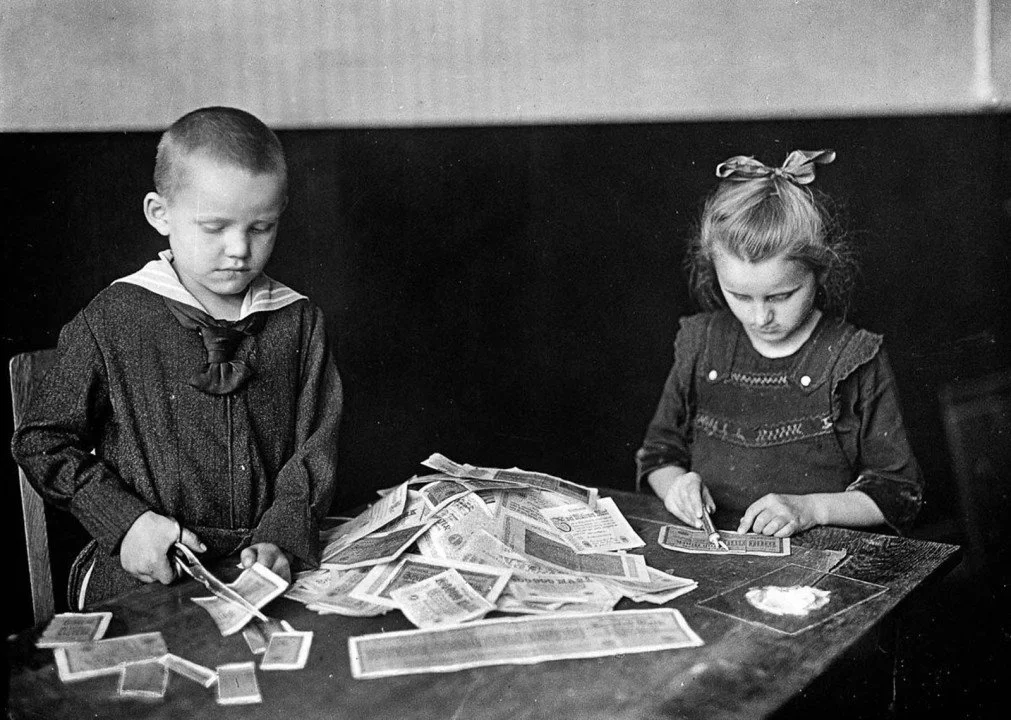Conviction is a strange thing, it tests you, your determination, your homework, your skill, how individual you are and how patient you are wearing the fool's crown. It does one more thing, it makes you extremely individual, probably alone (when you are right), screaming sell at a top and buy at a bottom. But then markets are strange beings, the top is followed by another top and bottom by another low. The line between conviction and foolishness becoming blurred every time the prices move against you
This is a harsh reality, but masses don’t understand cycles and the uncanny asset linkages. The fact is that we at Orpheus too are also scratching the surface. Though there are market timing models, timing the market in future with a small time window of a few days, is a skill we look up to.
Give a choice, humans would like to erase the down part of the cycle. Living with an upcycle is convenient. But the balance of nature is very intricate, and we as masses don’t understand it. This is why it is hard to appreciate growth and decay in markets. What we accept as natural, we fail to relate to in our economic life. Why this disconnect?
The first person I heard keeping a track of Dow Industrials Average on a day-to-day basis was a business school senior of mine from the class of 1997. Little did I know then that in barely ten years, the world will get glued to Dow daily and intraday movements.
We have an index of phone calls at Orpheus. This is an internal sentiment index that we use. The more the calls we receive in a certain week, the stronger the market sentiment.
Waiting for depression might take more than a lifetime. And what might hit us is inflation and not deflation.
October lows have extreme sentiments linked to them making them great multi-month, multi-year and in some cases multi-decade bottoms. We are nearing October 2008. If this looks like just another calendar date, think again.
The start of August is the celebration of the richness of harvest. It is a time for festivals. People step out and celebrate. This is seasonally a good time for food and beverage companies. It was during these weekend jaunts out of Cluj, back at the farmhouse about 80 km away, we started picking plums and enjoying the natural inspiring beauty of cornfields and farmlands around us.
Warren Buffet calls it calculated, Ivan Boesky (1987 Wall Street Arbitrageur) said it's good, Catholicism considers it one among the top seven sins and environmentalists may call it a disease.
The S-curve, which is mainly used in population studies, is now redefining business strategy and stock market forecasting. “The history of the world is nothing but the biography of great men,” said Thomas Carlyle, the 19th-century historian.
Water, a critical renewable resource, has just started a multi-year boom, which should leave even oil behind. Throwing out the baby with the bathwater is an idiom that has its origins on the monthly bathing ritual in Europe before the 16th century.
At a farewell party last night, we found that five of us had the same birthday, which was quite a coincidence as the gathering was small. There, a friend from Lebanon who is a senior techie at a Fortune 500 infrastructure company asked me to explain how such recurring coincidences take place often. There was no traditional answer to his question. I told him that just like clustering of market prices was a cyclical reality, and such coincidences happen again and again with cyclical precision.
It may still be vivid in many investors’ minds the game of the century, ‘Caritas’, the Ponzi* scheme of the early 1990s in Romania. It was owned by Ioan Stoica and attracted over 400,000 investors who gambled over 1 billion dollars because it promised to repay 8 times the amount invested. Although Caritas lasted for just over 3 years it finally went bankrupt in August 1994 with a debt of over 450 million dollars. Nobody knows why this company was allowed to gamble with people’s savings and where the money went but this is another topic altogether.
The stock news from the Paris stock exchange could reach market players in time to profit from it. That was then, now things are different. Now we have 24 hours markets, so even if London bombing news reaches you early, by the time the spot starts trading, you have futures that are moving up from extreme discount as the spot moves down. The discounting mechanism works differently.
We humans are strange beings. We love to trash what we create, wealth or peace. It’s a harsh reality. Euphemistically we might call it a new age theory, or evolution. But the reality is that psychology is calling 200-year-old economic thought junk.
If there is something bigger than a stock market crash or a meteor hurtling down on earth, it's the death of an economic theory. After all, if the economics is right, we can still detect and divert a catastrophe. Economics is why we think we live today and is what we think will be the reason generations will live tomorrow.
These are the famous words of Geologist Kenneth Deffeyes voiced in FEB 2006. Though the expert reiterated later saying that the words he said were a bit harsh, the quote anyway found its way to the top list of 2007 quotes. Books and cover stories highlight a mass psychology extreme.
Ziar Financiar, July 20, 2006
Human psychology is fascinatingly cyclical. Bank failures and manias mar the history of markets on a cyclical basis. Whatever the regulators may do to control frauds they invariably happen with the cyclical accuracy. The reason being that human behavior is patterned and mass psychology moves from confidence to optimism to greed and to fear to panic and then back again.















